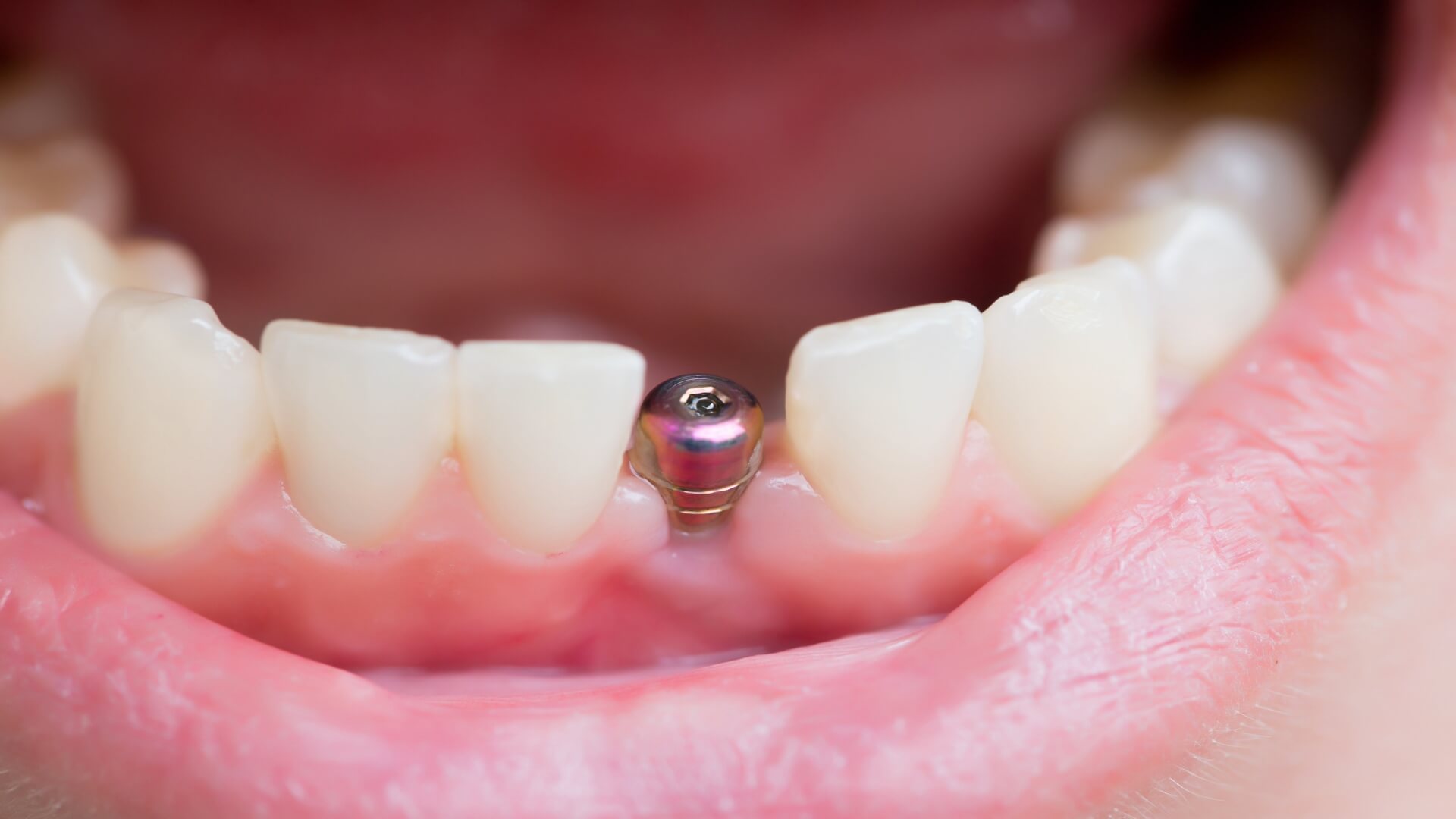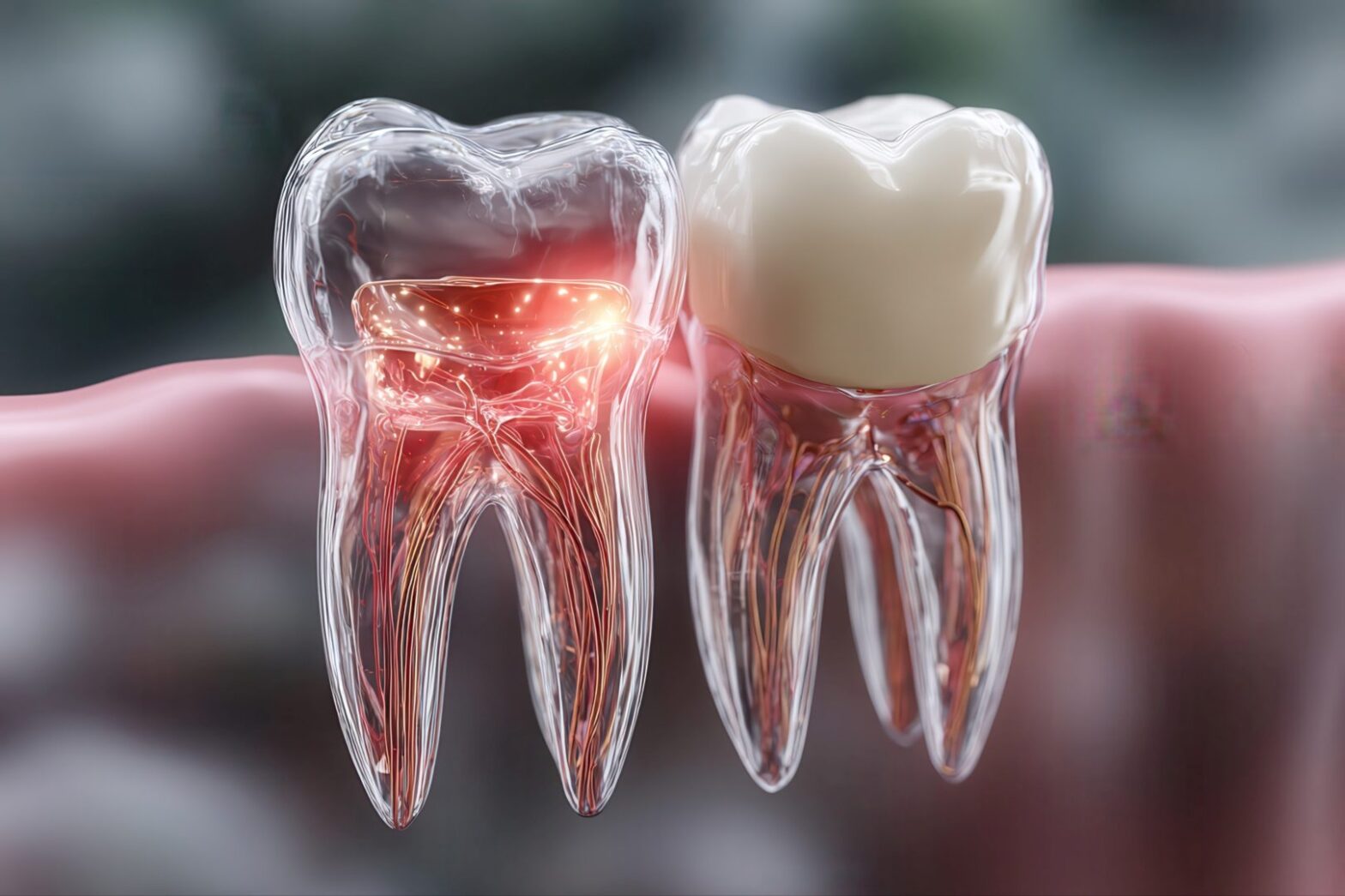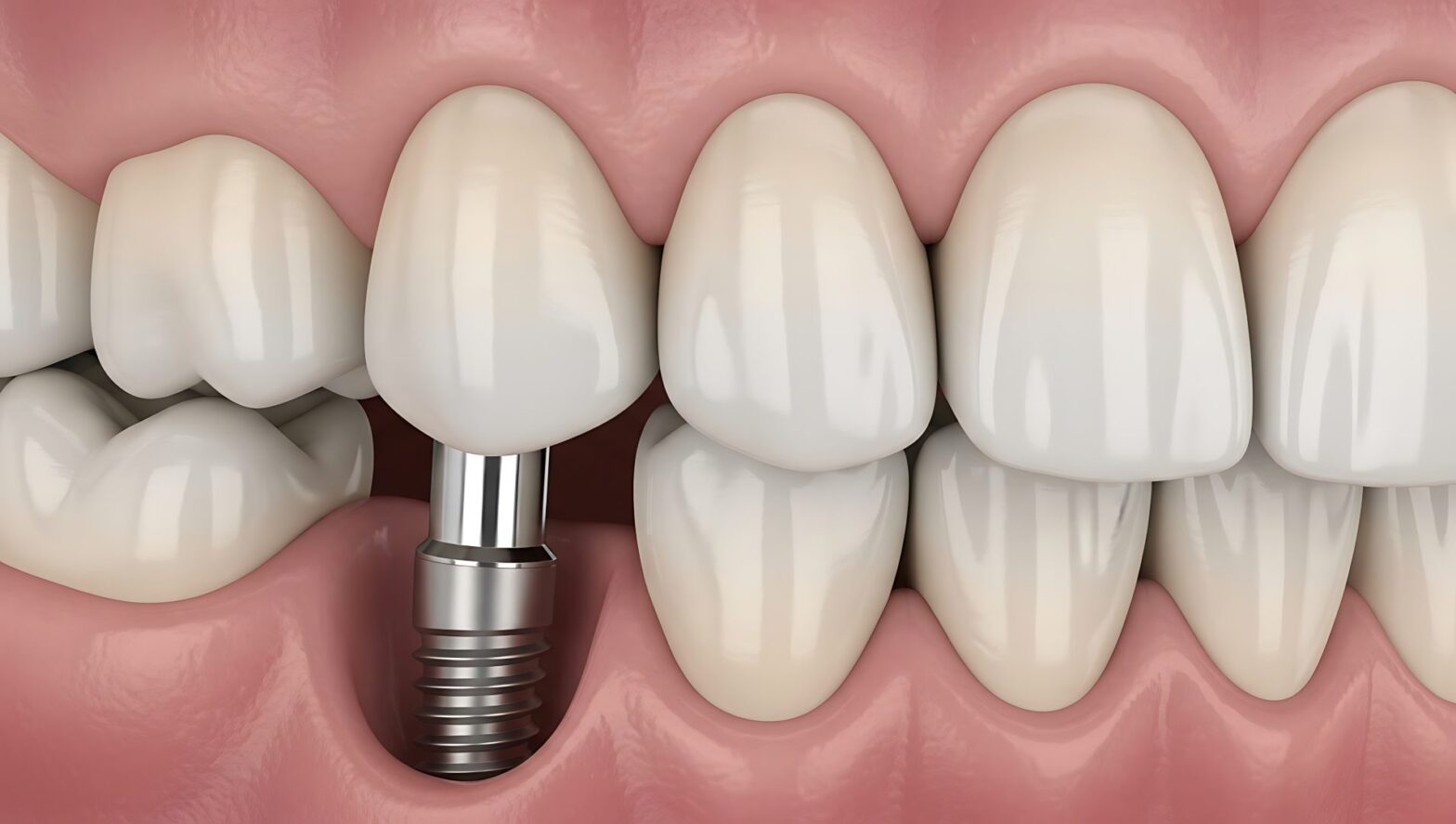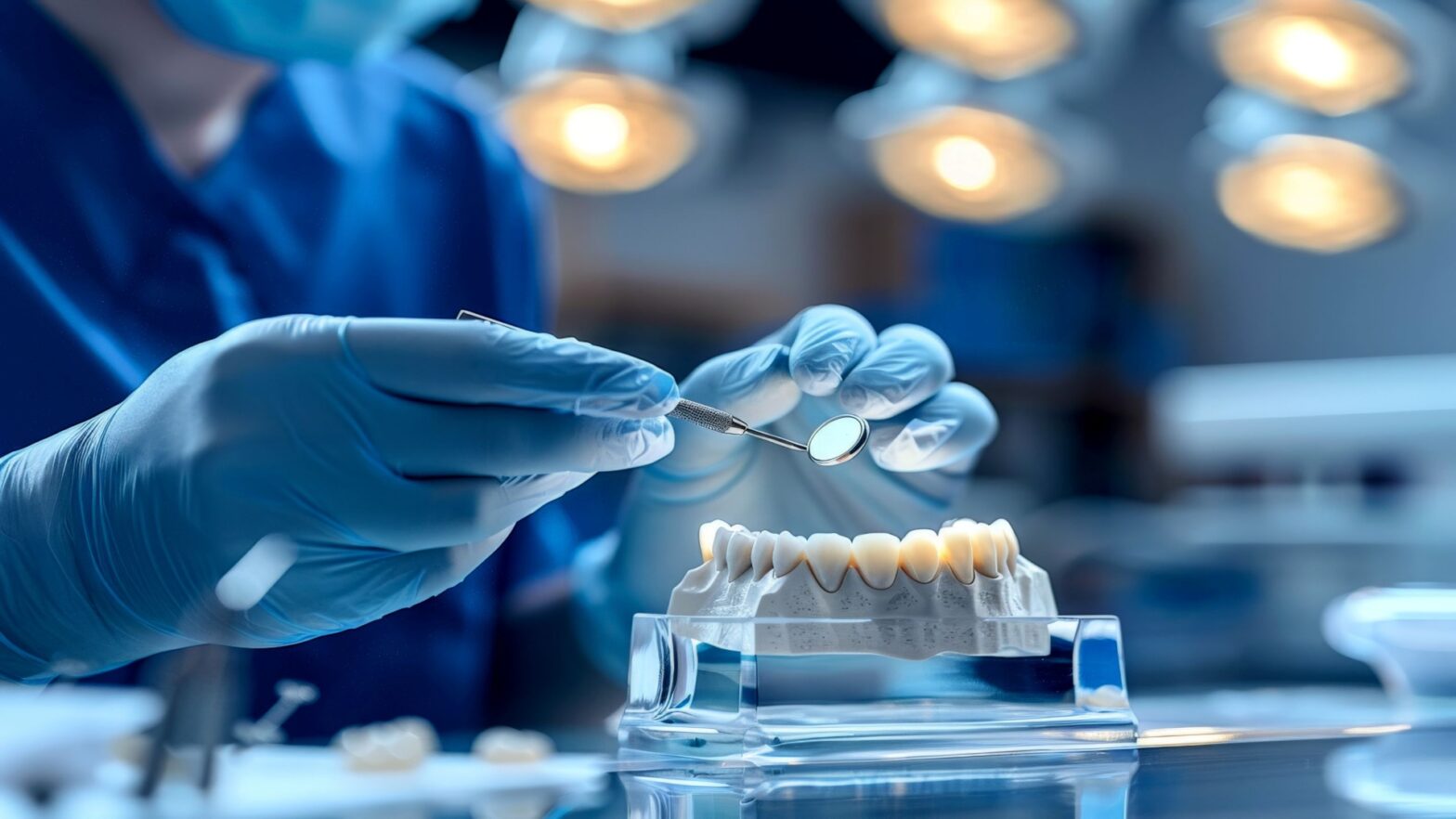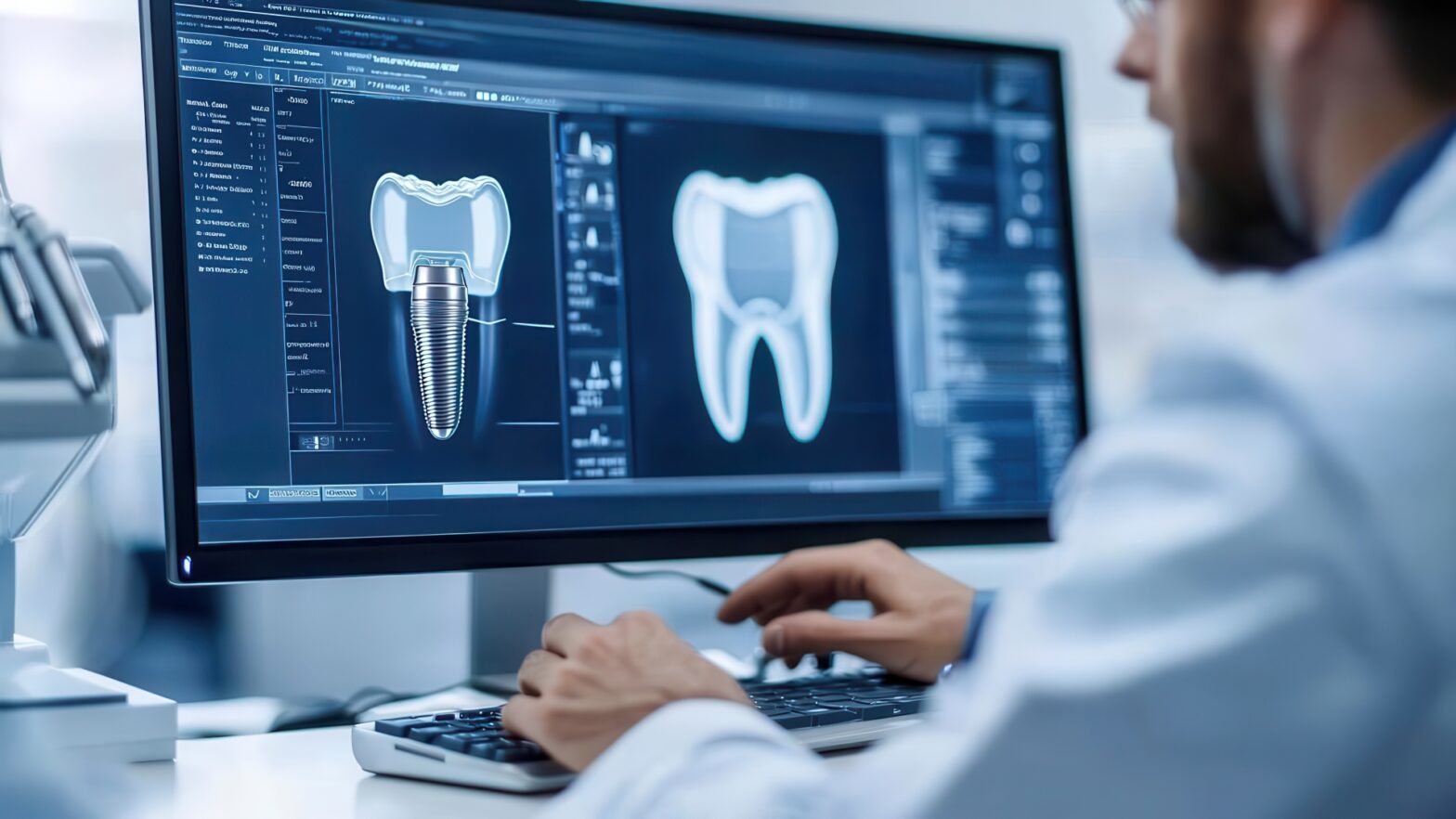Missing teeth can significantly impact one’s quality of life, affecting not only their ability to chew and speak properly but also their self-confidence. Fortunately, several options are available to replace missing teeth, including dental implants and dentures. While dentures have long been popular, dental implants have emerged as a superior alternative due to their numerous advantages.
Generally, dental implants offer a lasting and sturdy base to uphold a crown or bridge that resembles natural teeth in appearance and sensation. Furthermore, they can significantly enhance the grip, stability, and reinforcement compared to complete or removable partial dentures.
Let’s explore why dental implants are a better choice over dentures.
1. Longevity And Durability
Another significant advantage of dental implants, including the popular option of all on 4 artificial teeth, is their longevity and durability. While dentures may need to be replaced every 5 to 10 years, dental implants can last a lifetime with proper care. The titanium posts used in dental implants are highly resistant to decay and deterioration.
Additionally, the fusion of the implant with the jawbone creates a strong and stable foundation, ensuring long-term stability. By choosing dental implants, individuals can enjoy a permanent solution that eliminates the need for regular replacements and associated costs.
2. Aesthetic And Comfort
One of the primary reasons why dental implants are preferred over dentures is their ability to mimic the aesthetics and sensation of real teeth. The crown is designed to mimic the appearance and function of natural teeth, ensuring a seamless blend. Made of high-quality materials such as titanium, they are surgically placed into the jawbone, where they integrate with the surrounding bone over time. This integration creates a sturdy foundation for the replacement tooth, ensuring a secure and comfortable fit. Dental implants can be the right tooth replacement option if you want a smile that looks and feels like your natural teeth.
3. Improved Functionality
Unlike dentures, dental implants offer improved functionality in chewing and speaking. Dentures may slip or shift while eating or talking, making it challenging to enjoy certain foods or speak clearly.
On the other hand, through dental implants, the titanium post integrates with your jawbone, providing stability and strength similar to natural teeth. This allows individuals to bite and chew confidently, enjoying a varied diet without restrictions. Furthermore, dental implants eliminate the worry of dentures falling out or becoming loose at inopportune moments, enhancing overall comfort and confidence.
4. Ease Of Maintenance
Maintaining dental implants is relatively straightforward and similar to caring for natural teeth. Moreover, maintaining implants is significantly easier than caring for dentures, and there’s no concern about them shifting within the mouth. Regular brushing, flossing, and dental check-ups are essential to ensure the longevity and health of the implants.
Dentures, on the other hand, require additional care and maintenance, including removal for cleaning and soaking overnight. This inconvenience can be a significant drawback for individuals seeking a hassle-free tooth replacement option. Dental implants offer a more convenient and seamless oral hygiene routine, making them a preferred choice for many.
5. Preserving Jawbone Health
One crucial aspect often overlooked when considering tooth replacement options is the impact on jawbone health. When a tooth is lost, the underlying jawbone may deteriorate over time due to lack of stimulation. Dentures don’t address this issue because they sit on the gums and do not stimulate the jawbone.
In contrast, dental implants stimulate the jawbone in a manner similar to natural teeth. Dental implants uphold the density of the bone in your jaw, safeguarding it from deterioration. Missing a tooth initiates a process in which the jawbone starts to deteriorate. This gradual decline can alter facial contours and prematurely age your appearance. The implant’s integration with the jawbone helps maintain its strength and prevents bone loss. This contributes to a youthful look that endures throughout your lifetime.
6. No Dietary Restrictions
Wearing dentures necessitates adhering to dietary restrictions. Hard, sticky, and chewy foods, which may be detrimental to dentures, must be avoided. However, once the bone and soft tissues completely recover around your dental implant, the metallic post will be firmly fused to your jawbone. This will allow you to eat any food you desire.
The integration ensures the implant’s stability, rendering it as robust and reliable as your original teeth. This stability eliminates the tendency for implants to shift, a common occurrence with dentures. Consequently, you can savor all your beloved dishes without any reservations, including those that are chewy or require a bit of extra force to bite into.
Conclusion
Dental implants are widely regarded as the superior choice for replacing missing teeth, often preferred over dentures. The key advantages of dental implants encompass enhanced functionality, oral health, and appearance, making them an excellent option for individuals seeking to revive their smile.
For those considering tooth replacement, dental implants offer a long-lasting solution that is both comfortable and resilient. With diligent maintenance, you can relish the benefits of this tooth replacement alternative for an extended period, ensuring a smile that stands the test of time.
